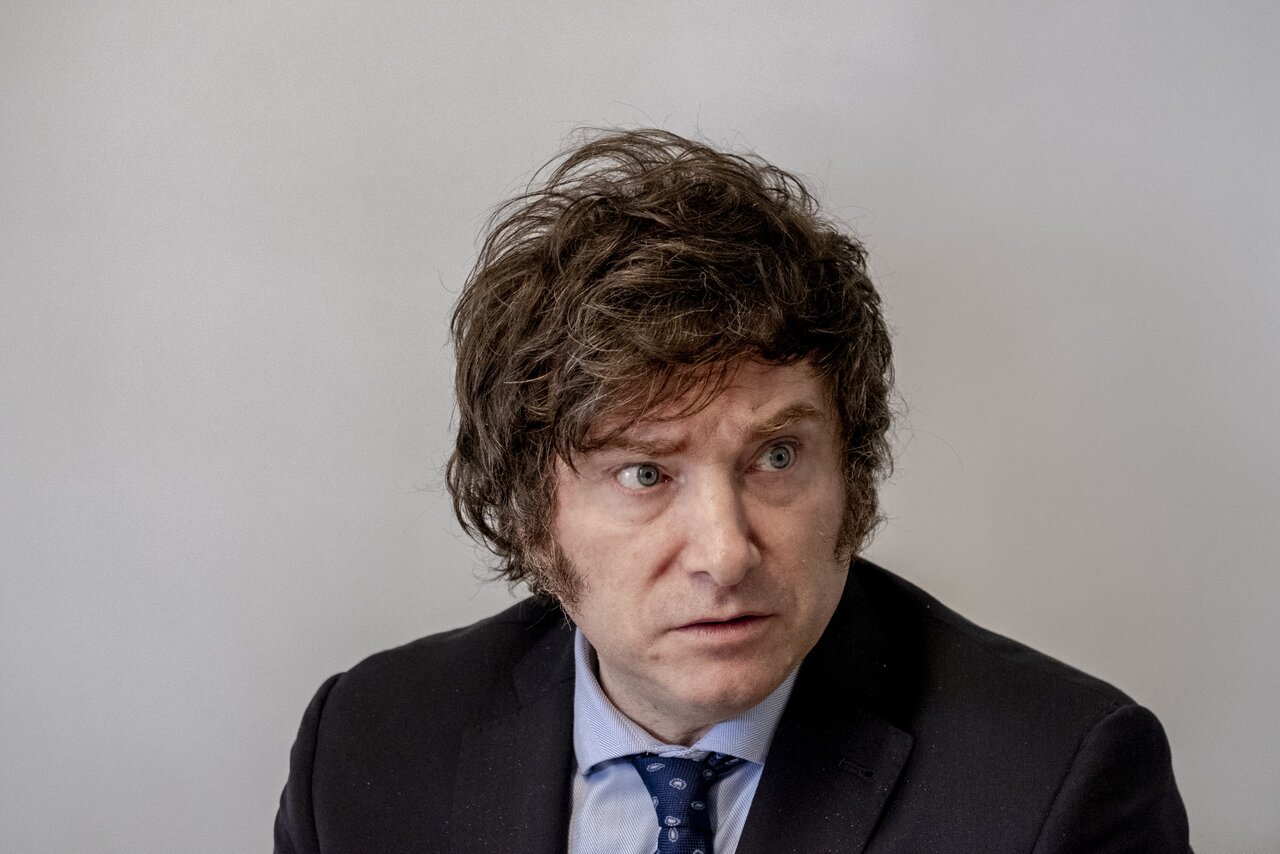AMIA case and the demand for a fair trial: a response to president Milei

TEHRAN – In response to the June 30, 2025 article titled “The AMIA case: When the roles of murderer and victim are reversed”, Argentine President Javier Milei took to the social media X to repost messages from two representatives of the families of AMIA bombing victims.
Milei also wrote: “We’ve been waiting for you for over 30 years. If you are truly innocent, come and place your trust [in a fair trial]!”
President Milei speaks of judicial proceedings in Argentina as though he is entirely unaware of how that very judiciary has handled the AMIA case—destroying evidence and obstructing investigations in ways that prevented the truth from emerging. Before calling on Iranian citizens to stand trial in Argentina, he should first prove the integrity and fairness of his country’s judicial system.
President Milei’s long absence from political life over the past three decades may explain why he seems unaware that Argentina’s intelligence agency (SIDE) gave \$400,000 to Judge Juan José Galeano—later dismissed for corruption—and asked him to bribe Carlos Telleldín, one of the accused in the AMIA case who allegedly sold the car used in the bombing, to falsely testify against Buenos Aires police officers and Iranian diplomats. That testimony resulted in Officer Juan José Ribelli and his colleagues spending 115 months in prison—wrongfully.
The bribe occurred with the full knowledge of then-President Carlos Menem and the then-head of SIDE, Hugo Anzorreguy. Moreover, during the trial into the cover-up of the AMIA bombing, it was proven that Judge Galeano, under political pressure, deliberately destroyed documents that might have implicated members of Menem’s family with Syrian roots. He discarded leads involving Syrian nationals and instead focused solely on accusing Iran.
If President Milei is sincere about seeking justice, shouldn’t he demand that Argentina’s intelligence services reveal the fate of the 19 audio cassettes from the day of the bombing, which contained wiretaps that mysteriously disappeared?
Has President Milei forgotten that just last year, the cover-up of the AMIA case led to the conviction of Judge Galeano and prosecutors Mullen and Barbaccia, and that the court confirmed the existence of systemic corruption in the handling of the case? It was proven during the trial that these judicial officials conspired with political actors and intelligence agencies such as SIDE to derail the investigation and shield those truly responsible. These actions were described as serious human rights violations.
Does President Milei have the courage to reopen the case concerning the harassment and pressure placed on the families of AMIA victims—measures aimed at silencing them and preventing their participation in legal proceedings?
Is he willing to declassify surveillance audio from the Iranian embassy and cultural office from the days before and after the bombing?
Will he go so far as to demand that Argentina’s intelligence agency release the initial CIA report on the AMIA explosion?
And above all, is there anyone in the Argentine government bold enough to acknowledge the possibility that the explosion originated from within the building—and that neither Iranians nor Lebanese were involved? Could this have been a case of internal political score-settling? Perhaps that is why the footage from the moment of the explosion has conveniently vanished.
The scope of corruption surrounding the AMIA investigation extended beyond Judge Galeano and the prosecutors. Former President Carlos Menem and former DAIA (Jewish umbrella organization) head Rubén Beraja were also accused, but escaped prosecution due to political interference. These individuals were accused of applying unlawful pressure on the judiciary to manipulate the case, further exposing a network of corruption that pervaded Argentina’s legal and political institutions.
The judicial manipulation included the destruction of evidence, falsification of testimony, bribery, and coordinated disinformation campaigns—supported by SIDE and even DAIA—aimed at framing specific suspects and diverting public attention from the truth. These actions severely damaged the credibility of Argentina’s judicial system.
So grave was the misconduct that the Inter-American Court of Human Rights ruled against Argentina’s judiciary and government, holding them responsible for failing to conduct a proper investigation. The court condemned the Argentine judges and prosecutors not only for negligence but also for actively tampering with the case to shield those responsible—directly contributing to a culture of impunity surrounding the AMIA attack.
Given all this, what guarantee can President Milei offer that future defendants in the AMIA case would not face the same miscarriage of justice? Does he expect Iran to hand over its citizens to a judiciary so riddled with corruption that its own judges and prosecutors are on trial for tampering with the investigation of the country’s deadliest terrorist attack?
Would Argentina be willing to cooperate with Iran’s judiciary to finally uncover the full truth?
Was it not Argentina that unilaterally withdrew from the 2013 Memorandum of Understanding with Iran, intentionally closing the door on legal cooperation and delaying any chance of progress?
Instead of inviting Iranians to appear in Argentine courts, President Milei should focus on addressing the rot within his own judicial system.
Is President Milei even aware that Iran’s prosecutor in the Emtrasur plane case—regarding the arbitrary detention of Iranian nationals—has summoned several Argentine judges, government officials, lawmakers, and others involved in what Iran considers an act of abduction? And that, should they fail to appear in an Iranian court, they may soon be tried in absentia?
Can Iranian citizens who were harassed and tortured by Argentina’s police and judiciary hope to one day confront those responsible—in a courtroom in Tehran?
These are the questions the Argentine president must answer before claiming the moral high ground on justice and demanding cooperation from others.
Leave a Comment